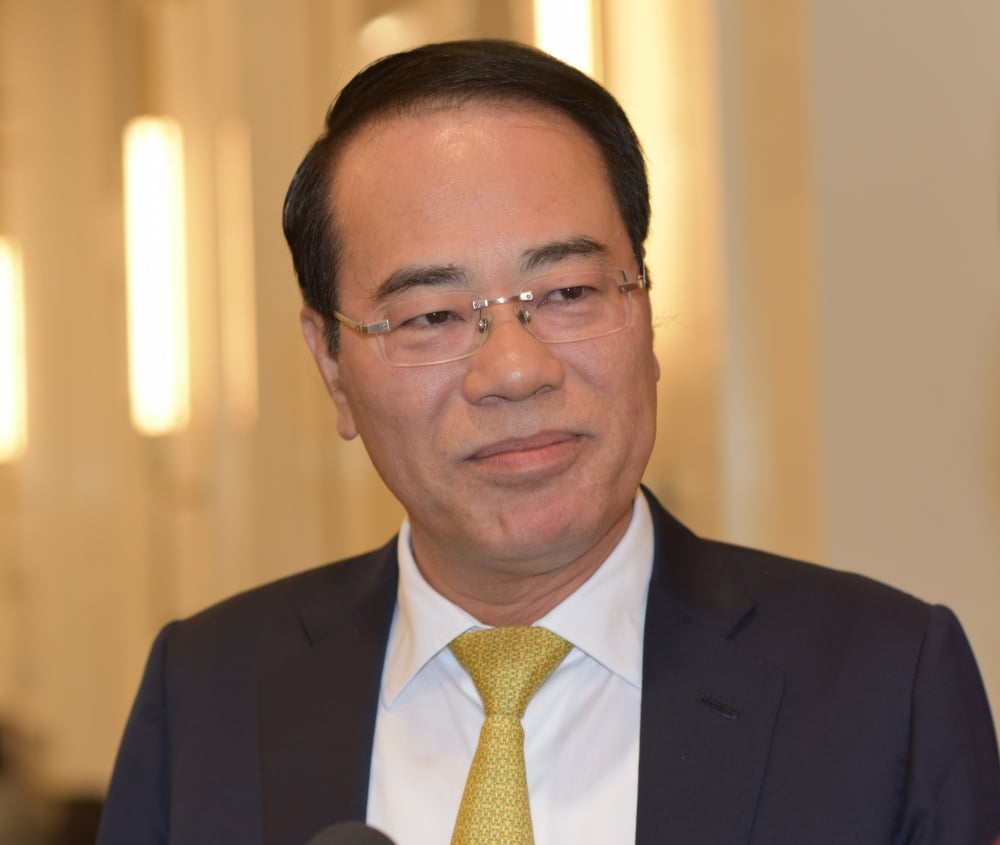 |
| Mr. Tang The Cuong |
Could you share an overview of the carbon market development roadmap in Vietnam, including the existing legal framework and the role of the recently approved Carbon Market Development Project?
Regarding the carbon market, an important legal basis has been established from the Law on Environmental Protection 2020, in which Article 139 clearly stipulates the organization and development of this market. To implement the Law, the Government issued Decree No. 06/2022/ND-CP, which details the content and roadmap for the development of the carbon market, creating an initial legal framework for related activities. Currently, the Ministry of Agriculture and Environment is closely coordinating with the Ministry of Finance, the Ministry of Industry and Trade, the Ministry of Construction and other ministries and branches to actively carry out many tasks to put this market into operation.
An important milestone in this roadmap is the Carbon Market Development Project, approved by the Prime Minister through Decision No. 232 dated January 24, 2025. This project plays a fundamental role, setting out many specific tasks to promote the carbon market, including completing the legal framework and building the necessary technical elements.
On the legal front, the Ministry of Finance is advising the Government to issue a decree on carbon trading activities. This decree will detail the trading activities of carbon exchanges, with the aim of being issued from now until June 2025, in order to create a solid foundation for trading activities in the carbon market in the coming time. This is an important step to ensure the market operates transparently, effectively and in accordance with current practical requirements.
What is Vietnam preparing to participate in international carbon trading, meet global standards and fulfill its commitment to reduce greenhouse gas emissions?
To participate in international carbon trading, we are working to build a legal framework that is in line with global standards. The Ministry of Agriculture and Environment is currently drafting a new decree to implement the provisions of Article 139 of the Law on Environmental Protection to submit to the Government. This decree will detail the activities of exchanging carbon credits and carbon quotas internationally, including greenhouse gas emission reduction results and technology exchange with foreign partners.
Currently, emission reduction results and carbon credits are attracting great attention from many countries, international organizations and businesses in Vietnam. These partners wish to invest in greenhouse gas emission reduction projects in Vietnam, using modern technologies to create high-quality carbon credits that meet international standards.
Regarding international exchange, we have promptly updated new international guidelines into this revised decree. At the COP29 Conference at the end of 2024, the international community has provided specific guidelines to implement Article 6 of the Paris Agreement. Accordingly, when exchanging international carbon credits, the amount of emissions or carbon credits will be deducted from the transferring country and counted towards the receiving country to fulfill its obligation to contribute to national self-determination commitments, also known as NDCs.
The responsibility for emission reduction is a global obligation, so the international community has established corresponding rules and adjustments between countries when conducting carbon credit transactions, to ensure fairness and transparency.
In an effort to fulfill its international commitment to reduce greenhouse gas emissions, Vietnam needs to facilitate businesses to participate in the carbon market. We are focusing on energy transition and changing production methods, helping businesses generate carbon credits and participate in quota trading in the market.
Decree No. 06/2022/ND-CP is also being submitted to the Government for amendment, expected to be issued by the end of April 2025. This Decree details practical requirements, including strengthening greenhouse gas inventories, measuring, reporting and verifying greenhouse gas emission reduction results. If issued, the Decree will facilitate the effective operation of the carbon market, from project creation, project registration to carbon credit issuance, to international trading and exchange activities.
Technically and operationally, how is the carbon registry and trading platform built, and what is the roadmap to 2028?
Technically, the Ministry of Agriculture and Environment is building a registration system to strictly manage emission quotas and carbon credits. This system will connect with Vietnamese ministries, sectors and enterprises that have quotas and carbon credits. When quotas or credits are created, units will register, be licensed, and then be able to trade between enterprises.
The system is also linked to carbon trading floors and international standards organizations such as Gold Standard or VCS. If Vietnamese enterprises' carbon credits are recognized and registered by these organizations, they will be updated on our system. When conducting international transactions, carbon credits and quotas are also recorded in this system, ensuring tracking of all fluctuations, both domestically and internationally.
To complete the carbon market, in addition to the registration system, we need to develop a system for trading quotas and credits on the exchange. Currently, the Ministry of Finance is promoting the construction of the carbon exchange, while the Ministry of Agriculture and Environment provides the operational requirements to ensure effective operation. The Ministry of Finance will establish and operate a pilot of this exchange, with the expectation of pilot implementation in 2025.
According to the roadmap from 2025 to 2028, we will conduct pilot operations, at the same time complete the legal corridor and technical basis for synchronous implementation, ensuring harmony of national, business and organizational interests and contributing to national emission reduction efforts.
We are making every effort to implement the Prime Minister's Project 232 vigorously. By 2028, we will summarize and evaluate to build a carbon market that is methodically compliant, formal and large-scale, similar to those of leading countries such as China, Korea or the European Union. In the next phase, we will connect the Vietnamese carbon exchange with regional and international exchanges, creating a tightly linked system.
How are private businesses preparing to participate in carbon markets, and how can they ensure transparency in their emissions reporting?
Regarding the participation of private enterprises, the Ministry of Agriculture and Environment has coordinated with the World Bank and the International Finance Corporation (IFC) to conduct a survey on the level of readiness to participate in the carbon market. The results show that enterprises have a clear awareness and understanding of the carbon market. Many enterprises have created carbon credits through international standards organizations such as Gold Standard.
At a recent workshop, some businesses expressed their desire to establish a domestic mechanism to participate in the carbon market more effectively. They also want government agencies to provide more detailed guidance on domestic carbon measurement, testing and standards. We will complete these issues, support businesses to register standards to create domestic carbon credits, thereby trading with each other in a voluntary and sharing manner - a very important factor in the coming time.
To promote domestic carbon trading, we aim to develop a detailed guidebook on carbon market participation, helping businesses understand and connect more effectively. This will create a stronger carbon trading ecosystem. For example, businesses that reduce emissions in the forest sector or startups such as Vinamilk, TH can generate carbon credits and trade with manufacturing businesses that exceed their quotas. This ecosystem of exchanging carbon credits and quotas will be an important step forward, contributing to the country's emissions reduction efforts.
At the current pace, with the commitment and determination of ministries, branches and government agencies, I believe that in the coming period, we will move quickly, making the carbon market operate effectively, keeping pace with countries in the region and the world.
Regarding transparency in emissions reporting, we received questions about how to assess and classify businesses participating in the carbon market, especially through emissions and waste reporting on the ESG system.
According to the draft Decree No. 06, an independent consulting unit is required to appraise these reports. Currently, appraisal reports must comply with international regulations, institutionalized in Decree No. 06, abbreviated as MRV - measurement, reporting and verification. However, Vietnam still lacks independent consulting units to carry out this work. We are approaching by using conformity certification units according to Decree No. 107 to appraise two main contents: greenhouse gas inventory results to determine emission quotas, and emission reduction results to create carbon credits.
Currently, only a few enterprises in the country meet this standard. In the coming time, the Government will develop more of these organizations and assign tasks to independent units to ensure that the appraisal work complies with international standards, such as the guidelines of the Intergovernmental Panel on Climate Change (IPCC) and the regulations of the VCS, to ensure transparency and accuracy in measurement, reporting and appraisal.
Thank you!
Source: https://thoibaonganhang.vn/xay-dung-hanh-lang-phap-ly-cho-thi-truong-carbon-tu-tam-nhin-chien-luoc-162631.html




![[Photo] Sparkling lanterns to celebrate Vesak 2025](https://vphoto.vietnam.vn/thumb/1200x675/vietnam/resource/IMAGE/2025/5/7/a6c8ff3bef964a2f90c6fab80ae197c3)
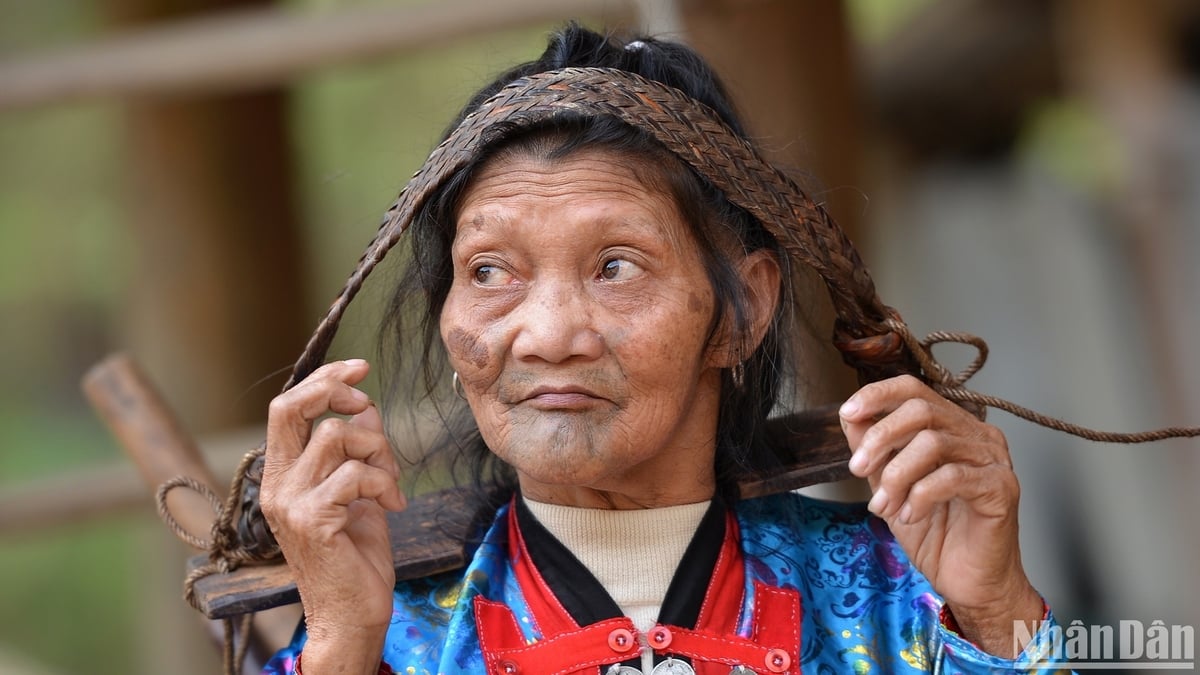
![[Photo] Prime Minister Pham Minh Chinh chairs meeting to review preparations for trade negotiations with the United States](https://vphoto.vietnam.vn/thumb/1200x675/vietnam/resource/IMAGE/2025/5/6/1edc3a9bab5e48db95318758f019b99b)

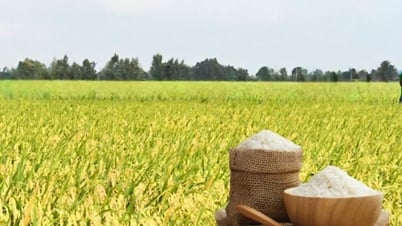
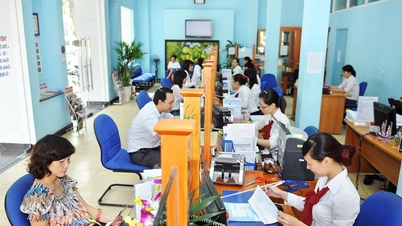



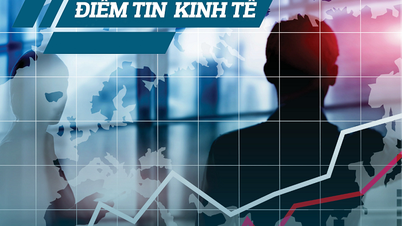



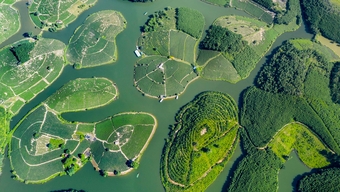
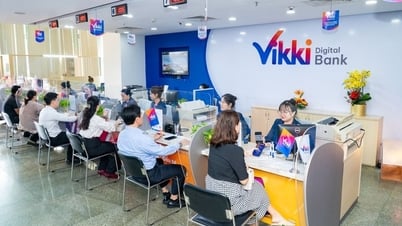
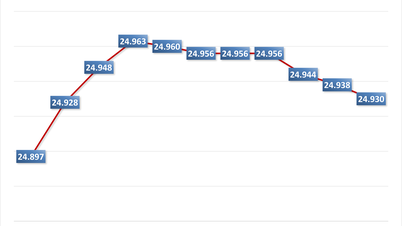


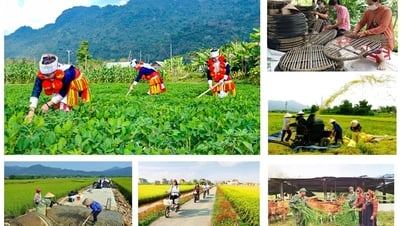
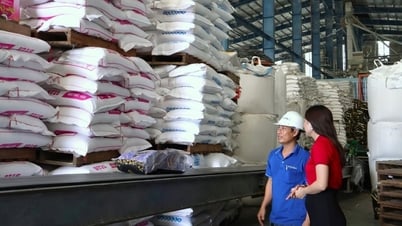

![[Photo] Prime Minister Pham Minh Chinh receives Mr. Tomas Heidar, Chief Justice of the International Tribunal for the Law of the Sea (ITLOS)](https://vphoto.vietnam.vn/thumb/1200x675/vietnam/resource/IMAGE/2025/5/6/58ba7a6773444e17bd987187397e4a1b)
















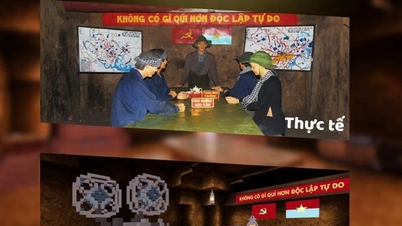



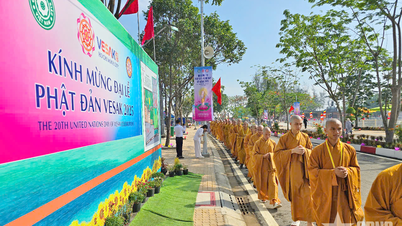



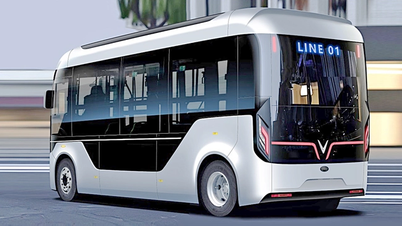
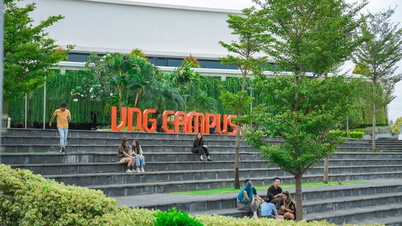


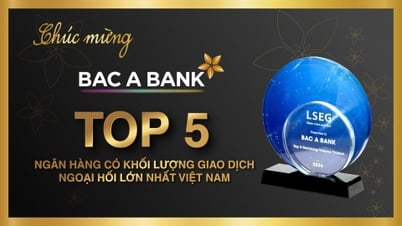




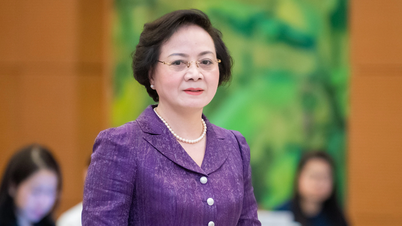


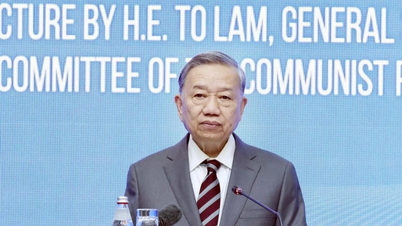
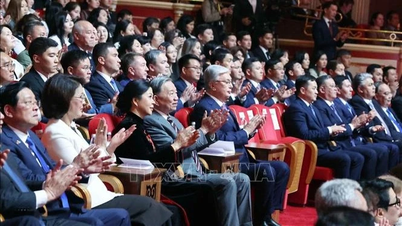



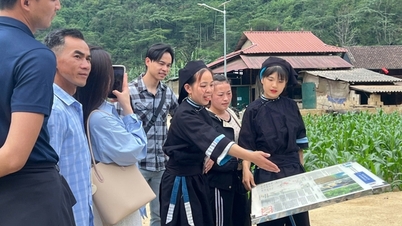

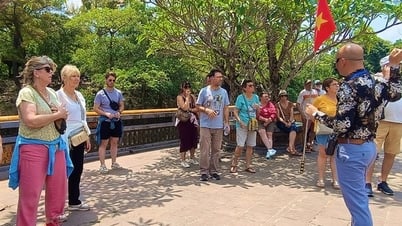

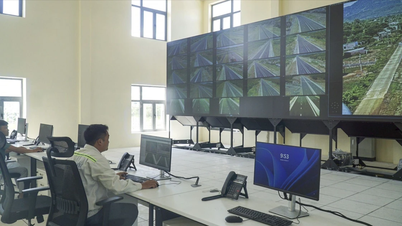






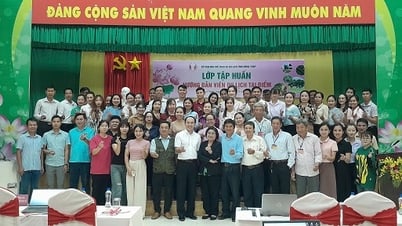






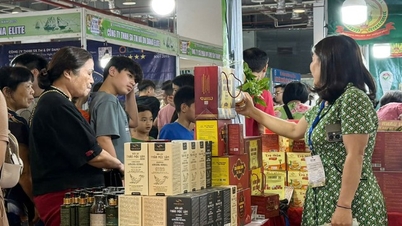
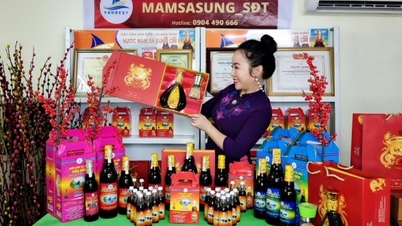

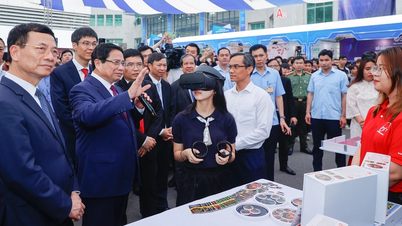
Comment (0)